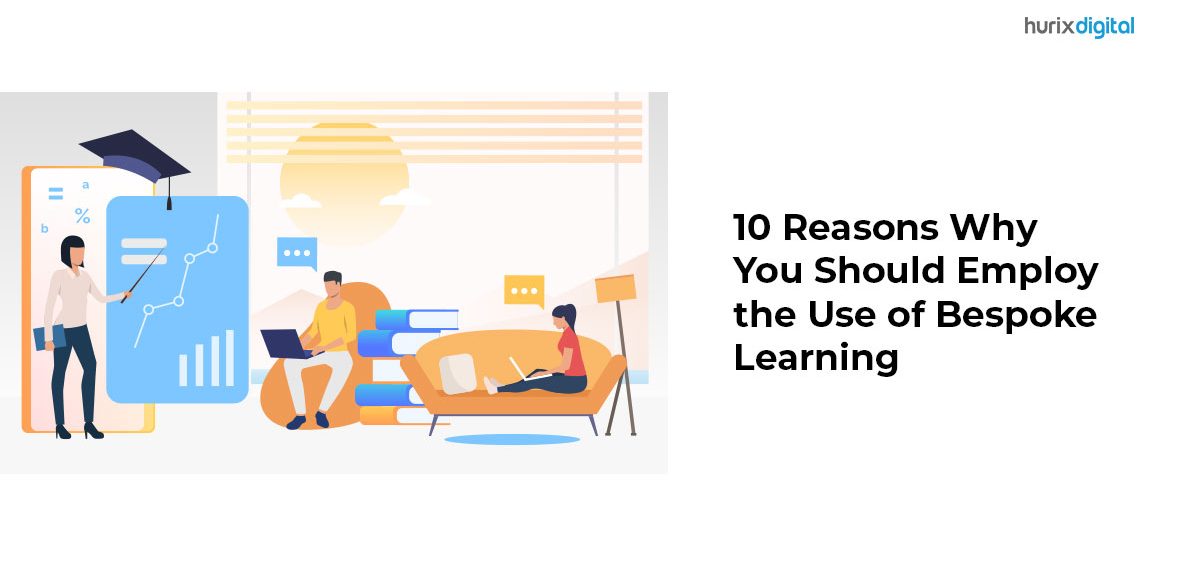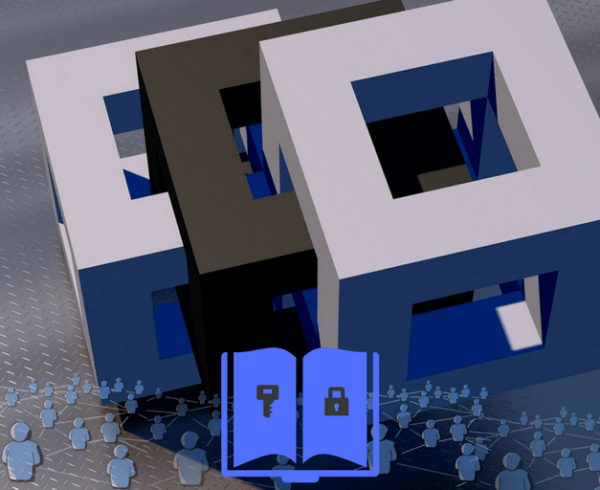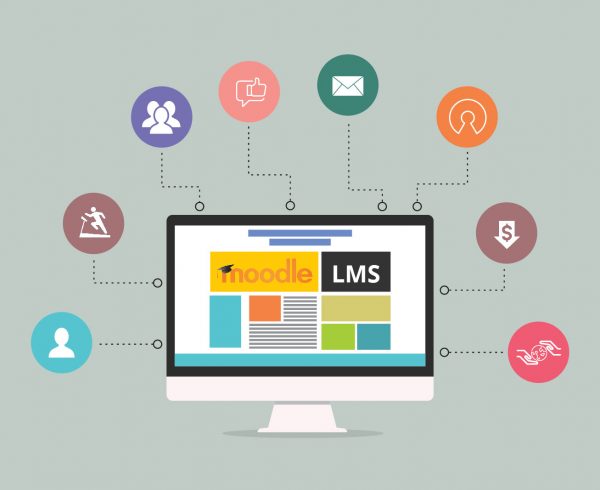Summary
This article provides an overview of the benefits of using bespoke learning. It explains what bespoke learning is, why it is necessary for today's business context, and the benefits it brings to the table.
As innovations and businesses emerge, companies must be able to respond to market needs in real-time. These circumstances demand that workforces be agile and open to learning. In turn, learning opportunities need to be easily accessible and relevant to the workforce.
However, many organizations still leverage generic off-the-shelf e-learning solutions, which do not create an impact because they do not meet the organization’s evolving needs. With technology moving so quickly, 44% of workers will experience a disruption in core skills by 2027. Statistics also indicate that six in ten workers need training before 2027. However, only half of the workers have access to relevant training.
Businesses face a real possibility of redundancy in work profiles unless they get very specific in meeting their upskilling and reskilling requirements. The more tailored businesses get in their training, the more successful they can be in upskilling their workforces promptly. This is where bespoke learning is proving to be a real game-changer.
Let’s understand what exactly bespoke e-learning is, why it is necessary for today’s business context, and the benefits it brings to the table.
Table of Contents:
- What is Bespoke Learning?
- Why is Bespoke Learning Relevant?
- What are the 10 Benefits of Bespoke Learning?
- Conclusion
What is Bespoke Learning?
Bespoke learning refers to a highly customized approach by organizations toward upskilling their teams. Instead of opting for off-the-shelf programs, the organization’s exact needs are drilled down, and learning is delivered accordingly.
Programs are further aligned with company and local culture and business goals. Content and content delivery are fully tailored and can continue to evolve based on data analytics regarding learning habits and milestones. Today, bespoke learning in higher education is also a growing reality, as learners want to study what is relevant to their interests in a method that aligns with how they learn best.
Also Read: Creating Custom Learning Programs for Online Learners
Why is Bespoke Learning Relevant?
Bespoke learning solutions take into account the multiple factors within which learning must take place. For instance, for businesses, it would consider the business model, domain, sector, size of the company, and geographical footprint, as well as the work mode (remote/ hybrid/ onsite).
The level of skills, skills profile, and digital transformation needs will play a key role in training. For instance, marketing roles would vastly vary across the business-to-business (B2B), business-to-consumer (B2C), or (direct-to-consumer) D2C categories. Training outcomes must be aligned with the work culture and organizational branding.
E-learning service providers leverage bespoke learning to deliver more value to individual learners rather than provide a one-size-fits-all program.
What are the 10 Benefits of Bespoke Learning?
Here’s a snapshot of the key advantages of e-learning service providers:
1. Tailored for specific upskilling needs
Every company has diverse upskilling needs. Bespoke learning allows businesses to dig deep and deliver courses that are highly customized as per their needs. Relevance is a key aspect that enables higher engagement and retention rates. Bespoke learning is also becoming popular with providers of e-learning in education.
2. Flexible learning opportunities
Bespoke training solutions adopt a mobile-first, blended learning, and micro-learning approach. These are all global trends that enable learners to learn flexibly and based on their real-time needs. They have on-demand online resources accessible 24/7 and can dedicate a few minutes or hours to learning as per their schedules.
3. Personalized learning content
Employees have diverse learning needs, challenges, and preferences within an organization. Through the use of ML, automation, and gamification, the learning process can be completely customized to suit the individual learning needs of workers.
4. Factors in coaching
There is a growing need to weave coaching into learning programs. This is an additional mode of learning where coaches work to help individual employees work on specific areas that need more attention. Bespoke learning allows businesses to prioritize coaching, making it a highly accountable and effective activity.
5. A cost-effective opportunity
Businesses will need to make a one-time investment when starting the bespoke learning journey. However, this cost delivers a higher return on investment in the long term. Companies can leverage a single, unified platform to deliver training. Workers from across the globe can be onboarded and instantly inducted into the training process.
6. Easy to update and distribute
Training admins can easily upload fresh content, curate new courses, create content from scratch, and distribute it. Learners do not need to grapple with downloading attachments via email or keep track of learning material via company groups on messaging apps. Bespoke learning simplifies the process, making it hassle-free and seamless.
7. Curate a content library
Trainers can leverage cloud capabilities to curate a well-categorized content library, making it easy to locate various courses and content modules. They can drag and drop content to build fresh courses. They can also institutionalize content by archiving it.
8. Customize data dashboards
A bespoke learning approach empowers businesses to track learning effectiveness in great detail. Access to customizable dashboards allows companies to understand learning patterns, which learning formats are working, and what times of the day employees are most likely to invest in self-learning. Data is power.
9. Aligned to the work culture
Work cultures vary from formal and casual, multi-cultural to homogenous, and hierarchical to flat structures. Bespoke learning enables businesses to weave in the vibe and values of their work culture. This is an important aspect of training, especially from leadership and growth standpoints.
Aligning training programs with local culture is equally important. Corporate training localization is key to bespoke learning, ensuring employee retention and efficiency for a diverse workforce.
10. Spotlight company branding
There’s no potential integration of company branding in off-the-shelf courses. However, company branding does matter. It builds a deeper connection with existing employees and a stellar first impression for fresh hires. It is also becoming increasingly important for employees to know the history and purpose of the business. After all, they are brand ambassadors of the business.
Also Read: Best Elearning Courses for You: Custom Content or Off-the-shelf Courses
Conclusion
Today, combining technologies such as automation, Artificial Intelligence, and Machine Learning enable businesses and the top education tech companies to have faster, seamless access to bespoke learning.
Early investments in this approach to upskilling can help companies expedite the speed and quality of learning through relevant programming and distribution. They can leverage in-depth data analytics to track learning effectiveness and update learning content as market needs evolve.
If your business wants to access bespoke learning, Hurix Digital is geared to support you in meeting all your learning management needs through a state-of-the-art Learning Management System (LMS).
Get in touch with us to start a conversation and leverage the best LMS solutions for your small business.











